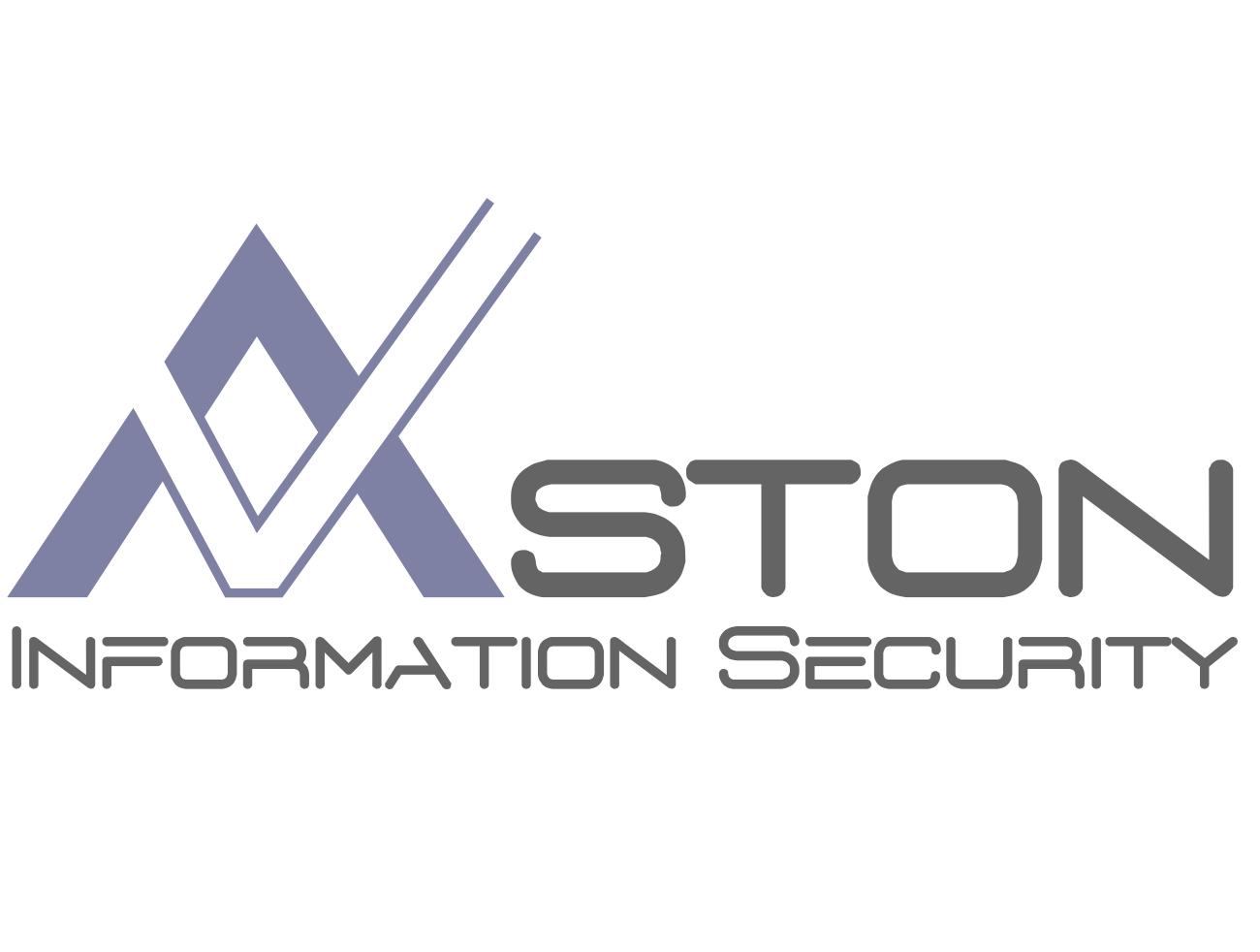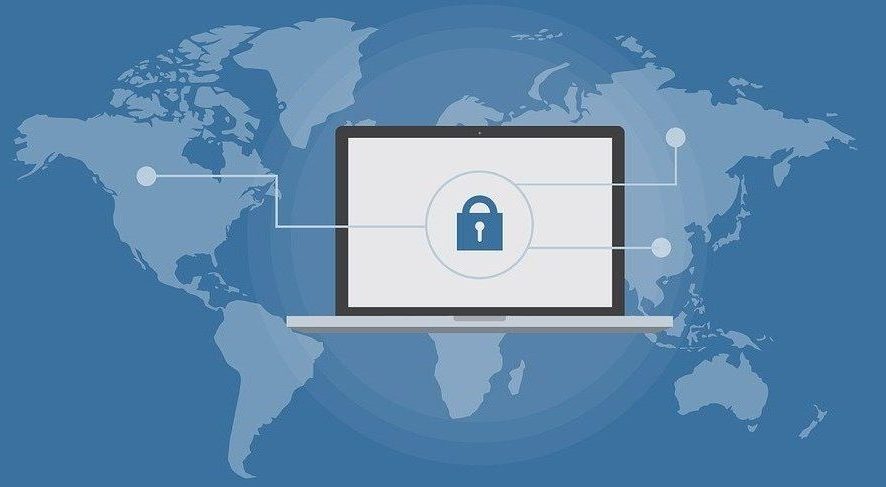
Due to the Covid-19 pandemic, most office-based organisations have implemented work-from-home or hybrid working arrangements, resulting in dispersed workforces, wider attack surfaces, and more points of entry for Information Security professionals to secure. There has never been a better moment to undertake a complete and thorough cyber security audit to identify your weak points and sure up any gaps before threat actors misuse your critical and valuable company data.
Our highly qualified and experienced cyber security auditing experts at Aston Information Security assist businesses to determine what assets are vital to them, where their threats and vulnerabilities lie, what amount of risk exposure they have both internally and through their supply chain, and identify the controls and their maturity to mitigate the risk.
Here are our top 3 reasons why small businesses should make 2022 the year for getting ahead on their cyber security policy, and commission a top-down cyber security audit.
1) Cyber attacks are on the rise and becoming more sophisticated
It’s easy for attackers to target hundreds, if not thousands, of small businesses at once using automated attacks. Small organisations frequently have fewer technology safeguards in place, are less aware of dangers, and have less time and resources to devote to cyber security. Rising levels of cyber attacks are being spurred on by the growing number of vulnerabilities exposed by hybrid workforces and flexible work arrangements. Now, CISO’s are having to secure not just workplace computers but also mobile devices and home laptops, and other points of entry into work systems which are essentially more doors for hackers to exploit.
Cyber criminals are resourceful and resilient, acting fast to exploit holes in information channels. We often see this now in supply chains for example, where hackers will find a method to gain access to sensitive and personal data through third parties, which can have a cascading effect through your entire supply chain network, with devastating effects.
One of the effective, widespread and damaging threats facing small businesses are phishing attacks. Phishing attacks have become much more sophisticated in the last 2 years, with cyber attackers developing more convincing ways to pretend to be legitimate business contacts. A rise in Business Email Compromise (which involves using phishing campaigns to steal business email account passwords from managers or executives, and then using these accounts to fraudulently request money from employees) has also been identified as a key threat for both large and small organisations. What makes phishing attacks so damaging is that they are very difficult to combat as they use social engineering to target humans within a business, rather than technological weaknesses. There are effective technological defences against phishing attacks and a cyber security audit can identify potential areas of weakness and the forward strategy can help to plug those vulnerabilities.
Malware is the second most significant risk to small businesses. It covers a wide range of cyber dangers, including trojans and viruses. Small firms are particularly vulnerable to these attacks because they can cripple devices, necessitating costly repairs or replacements. They can also provide attackers with a backdoor into data, putting customers and employees at danger.
Ransomware is also one of the most common cyber-attacks, hitting thousands of businesses every year. These attacks are growing in popularity as they are one of the most lucrative forms of attacks. SME’s are apparently especially at risk from these types of attack. Reports from the US have shown 71% of ransomware attacks target small businesses, with an average monetary ransom demand of $116,000. Cyber criminals think that smaller businesses are more likely to pay a ransom, as they have a more immediate need to be up and running as soon as possible, feeling the financial, operational, customer and workforce pressures immediately.
2) Knowledge is power – assessing cyber risk is essential
Knowing where your company sits in terms of cyber risk is perhaps the most crucial piece of information you can have about small business cyber security. The first step to enhancing your cyber security policies and procedures is recognising your risk of an attack, and where you can make the most effective and the quickest improvements. A cyber security audit will help you do this effectively and using a third-party information security consultant or provider to do this can often be the best approach, leading to things being spotted that perhaps an internal audit fails to see. The procedure does not have to be exhaustive or in-depth, but it must include a firm strategic approach. Considering your stage of technology, patching or misconfigurations, vulnerability scans and audits can evaluate how vulnerable your important systems and sensitive data are to compromise or attack.
Auditors should rigorously provide a realistic assessment of an organisation to understand how secure its vital information is. It should be a systematic, measurable technical assessment of your organisation’s security policies and must demonstrate how secure a site and its infrastructure really is – honesty is vital. An audit should cover:
· Risk identification, assessment and evaluation
· Incident and Risk management
· Information and Cyber Security control design and implementation
· Information and Cyber Security control monitoring and maintenance
· Assessment for compliance
3) Don’t let your supply chain be your weak spot
Regular cyber security audits are essential to understanding the threat landscape of every process or organisation that manages your information including the third-party suppliers you work with. This is still an area often overlooked by IT and Security Managers, even in 2022, when we are seeing huge rises in attacks through the supply chain.
According to BlueVoyant, a cyber security services organisation, 80 % of businesses polled had a breach caused by weaknesses in their supplier network in the previous year. Only about a quarter of those companies monitor their whole supply chain, and only about a third of them reassess their vendor’s cyber risk every six months. These figures present a bleak image of supply chains as a cyber blind spot for small business security professionals. Knowledge is essential; without it, you won’t be able to determine the level of risk you’re facing. And that’s where a third party information security audit comes into play.
IT Security Managers control their information security risks through risk management, compliance, and cyber security audits, which helps to decrease, but not eradicate, cyber threat while capitalising on opportunities to plug weaknesses. If the last 2 years have taught us anything, it’s how quickly the cyber threat landscape and attack surface may shift, necessitating regular auditing and monitoring to keep on top of the threat.
How can we help?
If you need an information security audit, for your own business or your suppliers, book a consultation with us today and find out how we can help.




 Aston Information Security are Information Security consultants that specialise in assurance, audits, supply chain cyber security, data protection and risk management consultancy.
Aston Information Security are Information Security consultants that specialise in assurance, audits, supply chain cyber security, data protection and risk management consultancy.